Description
The Godfather
The Godfather** emerges as a towering saga of deception and underworld intrigue, enthralling audiences worldwide and reinforcing its position as a pivotal element of popular culture. Nearly fifty years since its debut, this extraordinary narrative opened a stark and candid portrayal of the Mafia’s clandestine world.
Within its pages, the Corleone family is introduced, representing a dynasty rich in the intricate dynamics of American crime fiction, woven from a vibrant mix of tradition, loyalty, and the inviolable ties of kinship. The narrative captivates readers, pulling them into a realm where the pursuit of power is both exhilarating and fraught with peril. The novel elegantly juxtaposes the glamour and brutality of mafia life, challenging the reader’s perceptions and moral compass while drawing them deeper into a world where the line between right and wrong blurs against a backdrop of ambition and ruthlessness.
As readers turn the pages, they find themselves entranced by the nuanced motivations of each character and the relentless pressures that drive them to act, compelling the audience to confront the complexities of their values and decisions.
Central to **The Godfather** is a deep examination of themes that strike a chord with the human experience: the seductive pull of power, the perils of greed, and the steadfastness of familial devotion. These motifs intricately weave together, crafting a narrative that is not only engaging but also mirrors the moral quandaries faced by its characters. The Corleones traverse a dangerous path where each choice bears significant weight and every act of betrayal has the potential for catastrophic fallout. The dynamic interplay between the characters—particularly between the patriarch, Don Vito Corleone, and his sons—serves as a microcosm for the broader conflicts inherent in family loyalty and personal ambition.
This intricate web of relationships provides a profound exploration of how ambition can corrupt even the deepest bonds, leading to conflicts that question the very essence of loyalty and morality. This intricate play of loyalty and ambition has mesmerized countless readers, ensuring that the novel remains an essential part of literary discussion. The nuanced depictions of power struggles and their consequences resonate deeply, prompting audiences to reflect on the cost of ambition and the burdens of legacy.
The Godfather** goes beyond the boundaries of simple storytelling; it serves as a prism through which we scrutinize the more sinister aspects of society and the complicated nature of humanity. Its legacy is rich with intrigue and debate, etching a lasting impression on our cultural consciousness. As readers immerse themselves in the experiences of the Corleones, they can reverberate through generations. The characters are crafted with remarkable depth, each possessing their desires and dreams that are often at odds with the familial expectations thrust upon them. As the narrative unfolds, we witness young Michael Corleone’s transformation from an outsider to a key player within the family business, encapsulating the struggle between personal ideals and the often harsh realities of inheritance and duty.
Moreover, **The Godfather** delves into the consequences of choices made in the pursuit of power, illustrating the delicate balance between ambition and morality. The allure of power exerts a magnetic pull on the characters, particularly on Michael, who finds himself ensnared in a web of violence and manipulation that ultimately alters his identity. The moral decay that accompanies the quest for dominance is vividly portrayed as characters grapple with their conscience, often navigating a labyrinth of loyalty, betrayal, and retribution. The slippery slope of justification for actions taken in the name of family and power raises unsettling questions about the ethical boundaries within which we operate.
Portraying the women within **The Godfather**’s narrative also adds a compelling dimensionality to the saga. The female characters, while occupying traditionally subordinate roles, often serve as the emotional anchors of the family. Yet their presence underscores the gendered dynamics of the mafia world—highlighting both strength and vulnerability. Characters like Kay Adams and Connie Corleone reflect the struggles and sacrifices that women endure within a patriarchal structure. Their experiences reveal the silent battles fought off-stage, as they navigate the complexities of love, loyalty, and the dire consequences of their fathers’ and husbands’ choices, exemplifying how the male-driven narrative shadows their desires and aspirations.
Visually and culturally, **The Godfather** transcends the written word; its adaptation into film further solidified its impact on global culture. The cinematic representation not only captured the essence of the novel’s themes but also enhanced them through the evocative imagery and powerful performances of its cast. Iconic scenes and memorable quotes have become ingrained in the collective consciousness, permeating discussions around power dynamics, family loyalty, and the American Dream. The film’s stylistic choices—ranging from the moody lighting that accentuates the duality of the mafia life to the haunting score—imbue it with an emotional resonance that echoes across generations.
In conclusion, **The Godfather** stands as a monumental work that underscores the intricate dance between ambition and morality, power and family, deception and loyalty. Its complex characters and richly woven themes.
Mario Puzo
Mario Puzo, an iconic figure in American literature, is best known for his masterful storytelling and intricate character development. Born in 1920 in the bustling city of New York, Puzo’s early life was marked by the struggles of an immigrant family, which deeply influenced his writing. His parents, who had emigrated from Italy, instilled in him a strong sense of cultural identity and a profound understanding of the complexities of family loyalty and sacrifice. These themes would later become central to his most celebrated works.
Puzo’s most famous work, “The Godfather,” published in 1969, not only delighted readers with its gripping narrative but also redefined the crime genre in literature. The novel’s portrayal of the Mafia was not merely a depiction of organized crime; it was a nuanced exploration of power dynamics, familial bonds, and the moral ambiguities that accompany a life of crime. Puzo’s ability to weave complex themes of power, loyalty, and betrayal into the fabric of his narratives has left an indelible mark on both literature and film, influencing generations of writers and filmmakers alike.
Puzo’s journey as a writer was not without its challenges. Before achieving fame, he worked various jobs, including as a soldier during World War II, where he experienced the harsh realities of war that would later inform his understanding of conflict and human nature. After the war, he returned to New York and struggled to make a name for himself in the literary world, often facing rejection and financial instability. His breakthrough came with “The Godfather,” which was initially met with skepticism by publishers who doubted the commercial viability of a novel centered on the Mafia. However, once published, it quickly became a bestseller, resonating with readers who were drawn to its rich characters and intricate plotlines.
The success of “The Godfather” led to a highly acclaimed film adaptation directed by Francis Ford Coppola, which further solidified Puzo’s legacy. The film not only brought Puzo’s characters to life but also introduced a wider audience to the intricate world of the Mafia and the moral dilemmas faced by its characters. The collaboration between Puzo and Coppola resulted in a cinematic masterpiece that explored the complexities of family dynamics, the weight of tradition, and the often blurred lines between right and wrong. The film’s iconic status has ensured that Puzo’s work remains a touchstone in both literary and cinematic history.
The film’s success was monumental, earning multiple Academy Awards and becoming a cultural touchstone that would influence countless other films and television series in the years to come. Puzo’s collaboration with Coppola on the screenplay for the film allowed him to further explore the depths of his characters, particularly the enigmatic figure of Vito Corleone, whose blend of ruthlessness and paternal warmth captivated audiences and critics alike.
Following the success of “The Godfather,” Puzo continued to write, producing several other notable works, including “The Sicilian” and “The Godfather Returns.” These works expanded upon the universe he had created, delving deeper into the lives of the Corleone family and the broader implications of organized crime in American society. Puzo’s writing style, characterized by its vivid imagery and compelling dialogue, allowed readers to immerse themselves in the world he depicted, making them feel the weight of the character’s choices and the consequences that followed.
Along with his novels, Puzo’s influence extended into the realm of screenwriting, where he contributed to other successful films, including “Superman” and its sequels. His ability to craft engaging narratives that resonated with audiences made him a sought-after writer in Hollywood, and his work helped to shape the landscape of American cinema during the late 20th century.
Despite his success, Puzo remained grounded and often reflected on his humble beginnings. He was acutely aware of the struggles faced by immigrant families and the importance of cultural heritage, themes that continued to resonate in his later works. Puzo’s exploration of the immigrant experience, particularly the Italian-American narrative, provided a voice to those who often felt marginalized in society. His characters, while often flawed and morally ambiguous, were relatable in their desires for power, respect, and family loyalty, making them enduring figures in American literature.
Mario Puzo passed away in 1999, but his legacy endures through his influential works and the impact they have had on both literature and film. His ability to capture the complexities of human nature, the intricacies of family dynamics, and the moral dilemmas faced by individuals in a world rife with corruption and power struggles has solidified his place as a master storyteller. Puzo’s contributions to the crime genre and his exploration of the darker aspects of the American Dream continue to inspire writers and filmmakers, ensuring that his legacy remains in the minds and hearts of his fans forever.


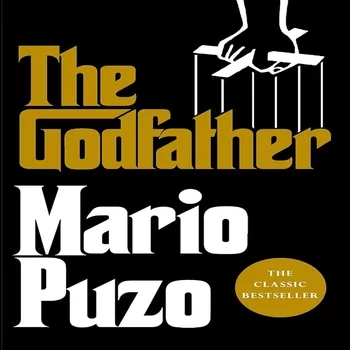
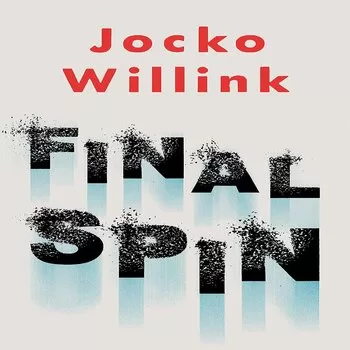

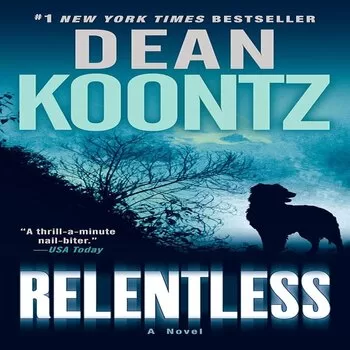

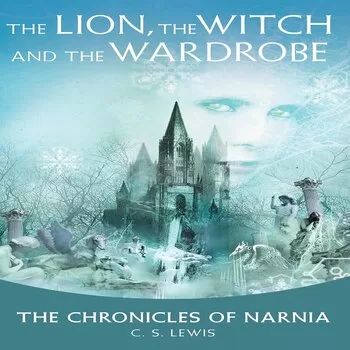
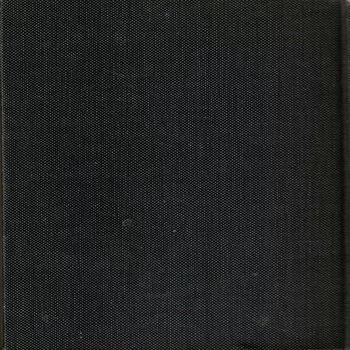
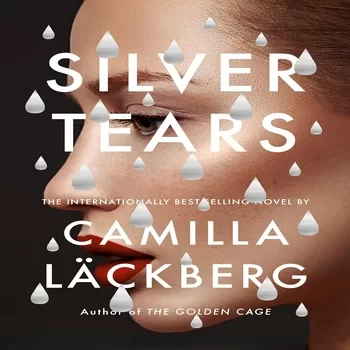
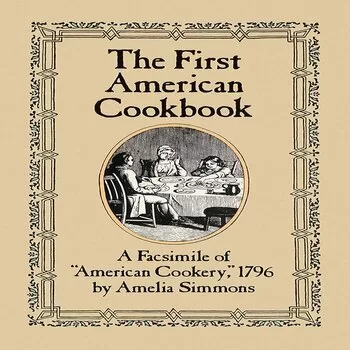
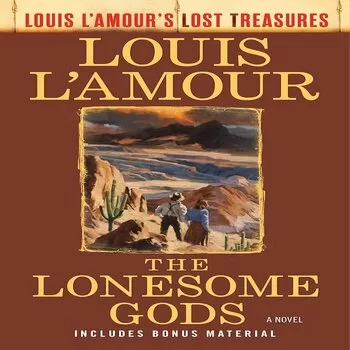
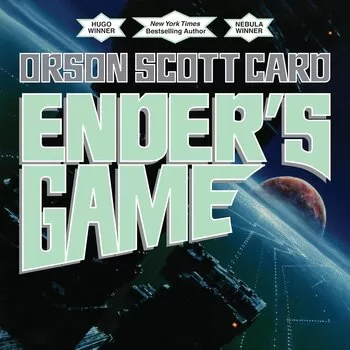
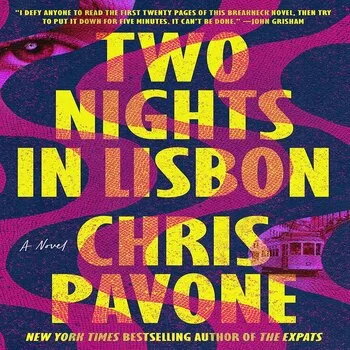


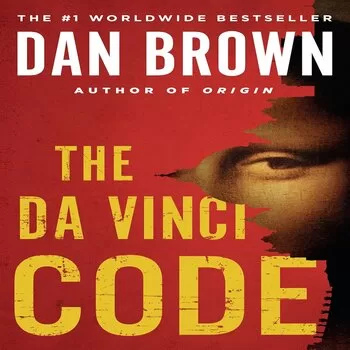


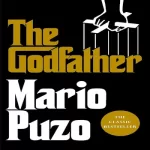
Reviews
There are no reviews yet.